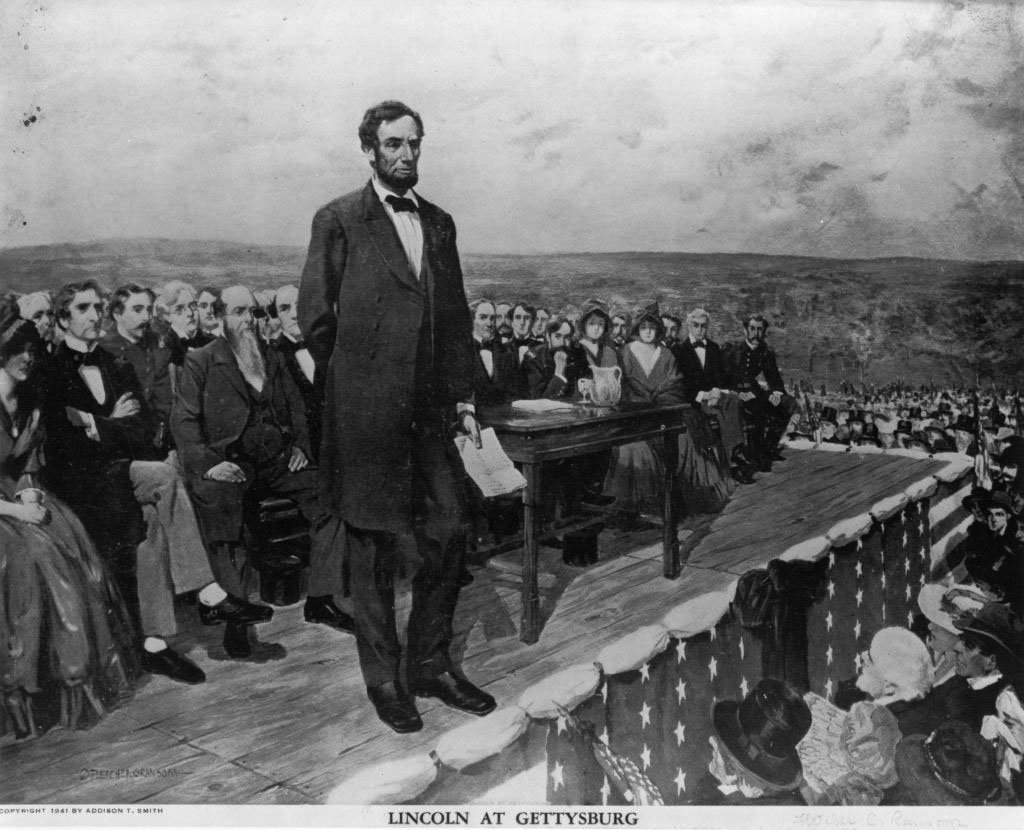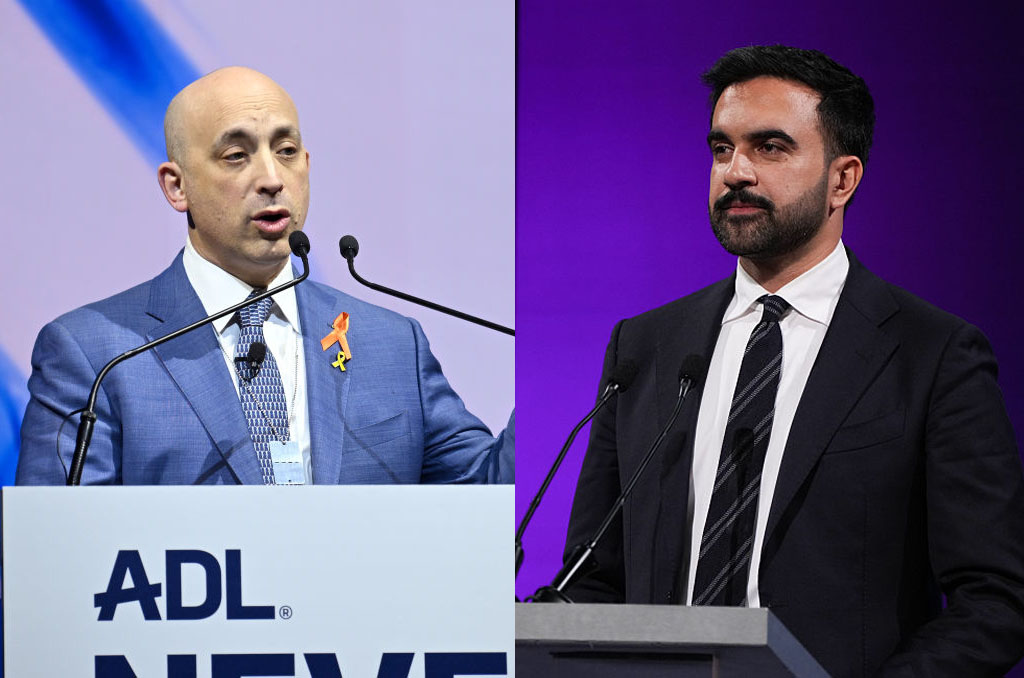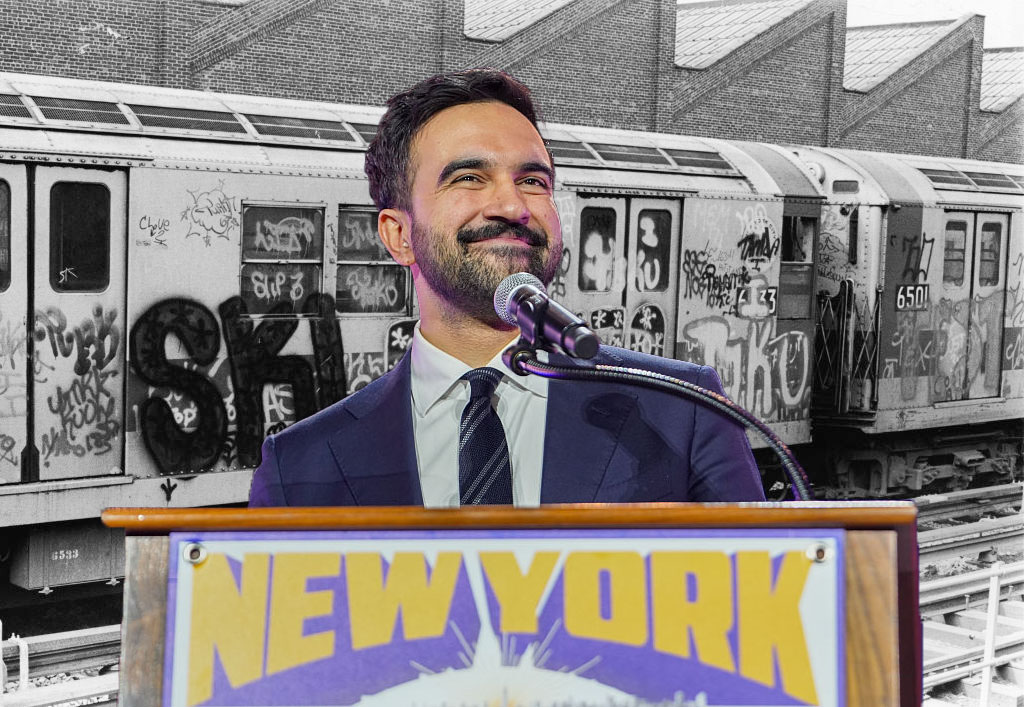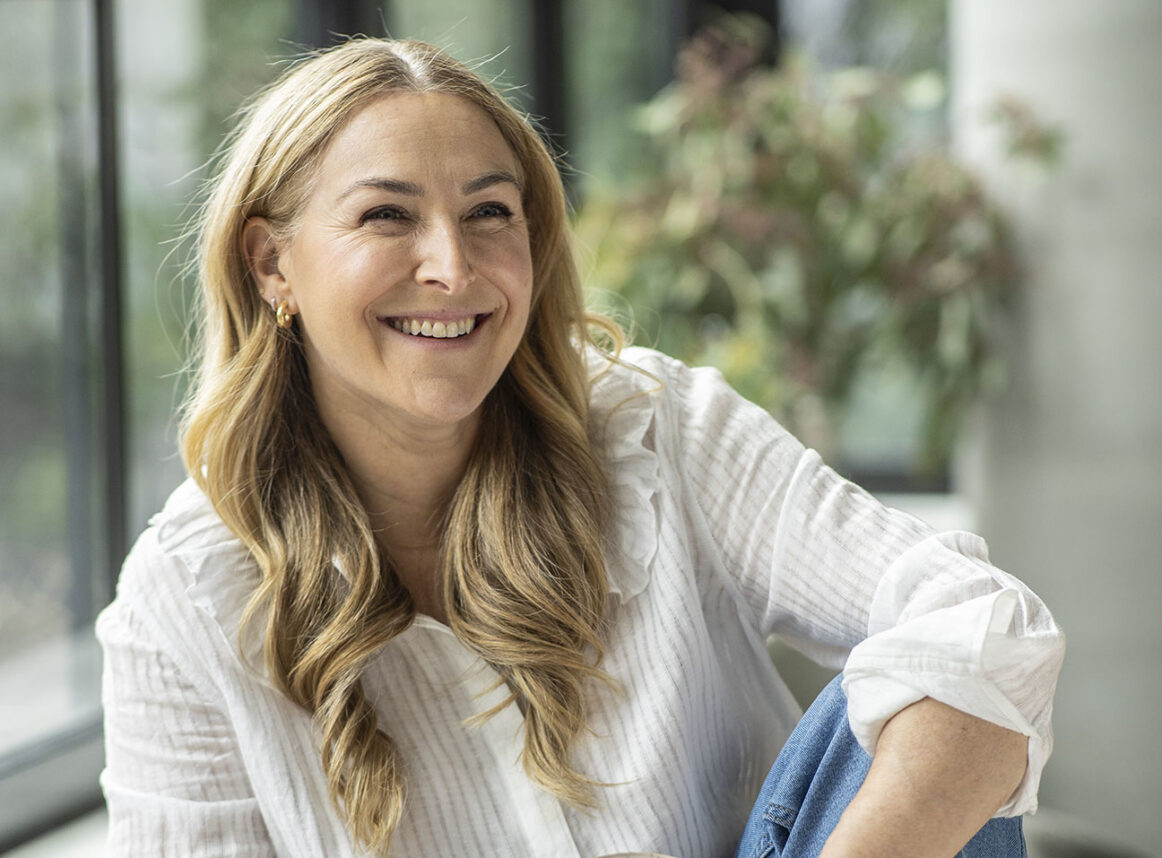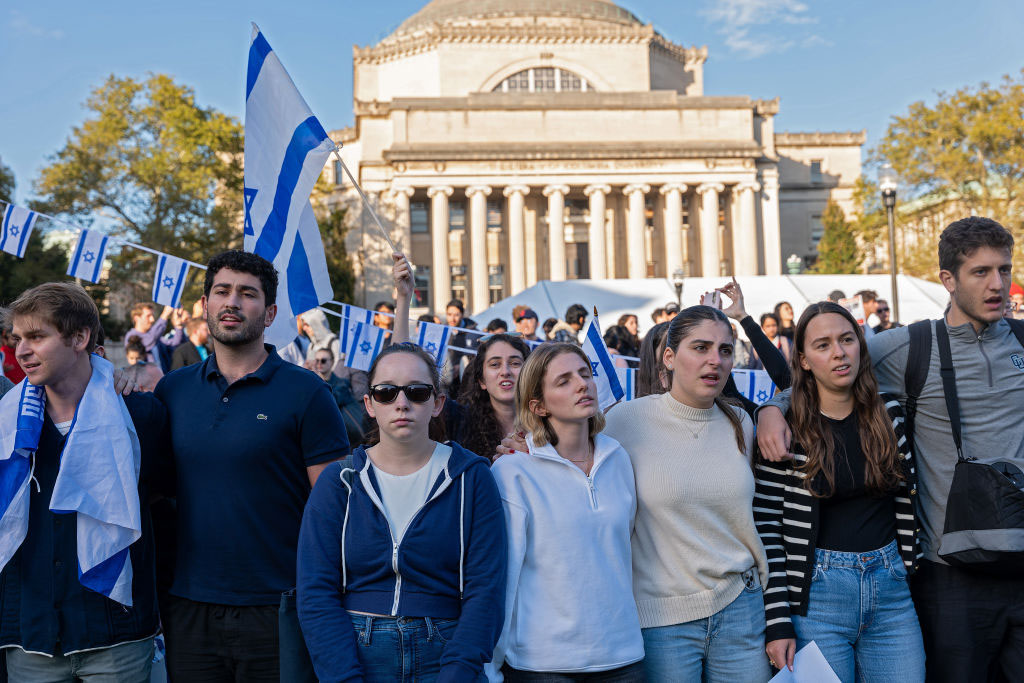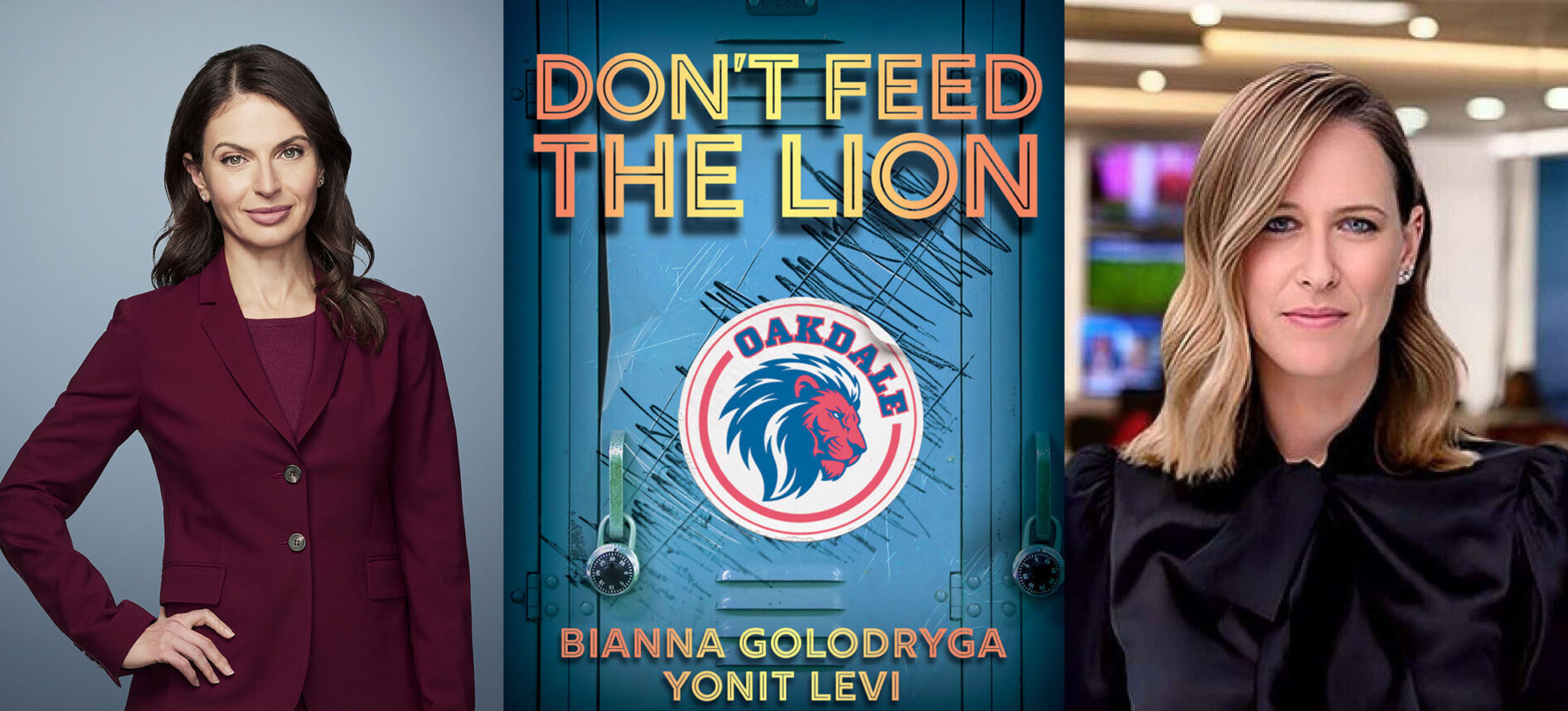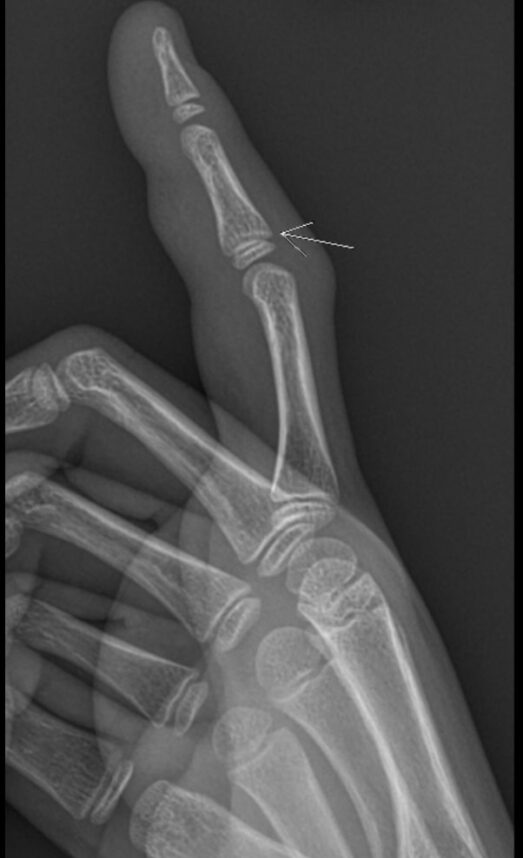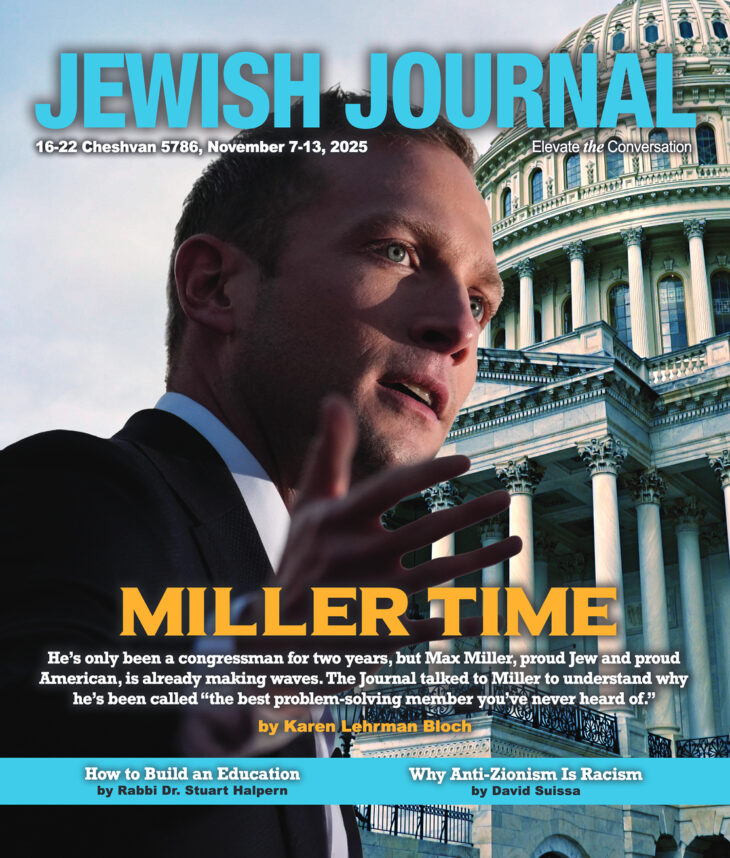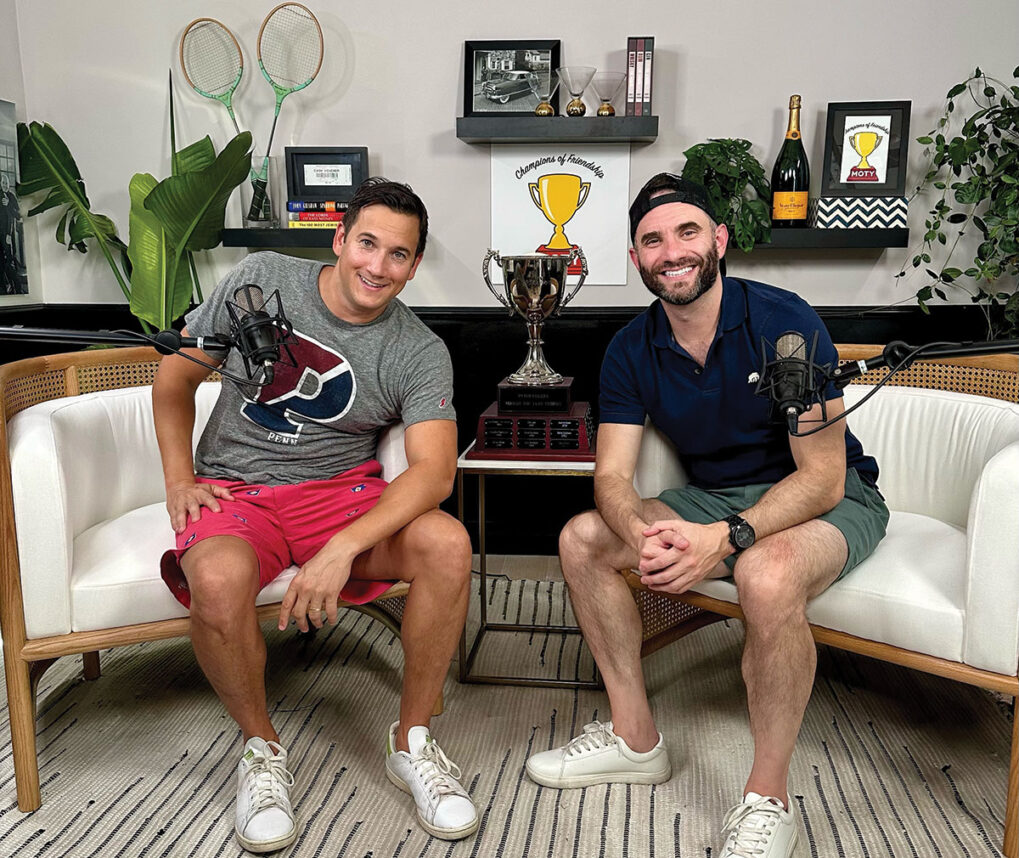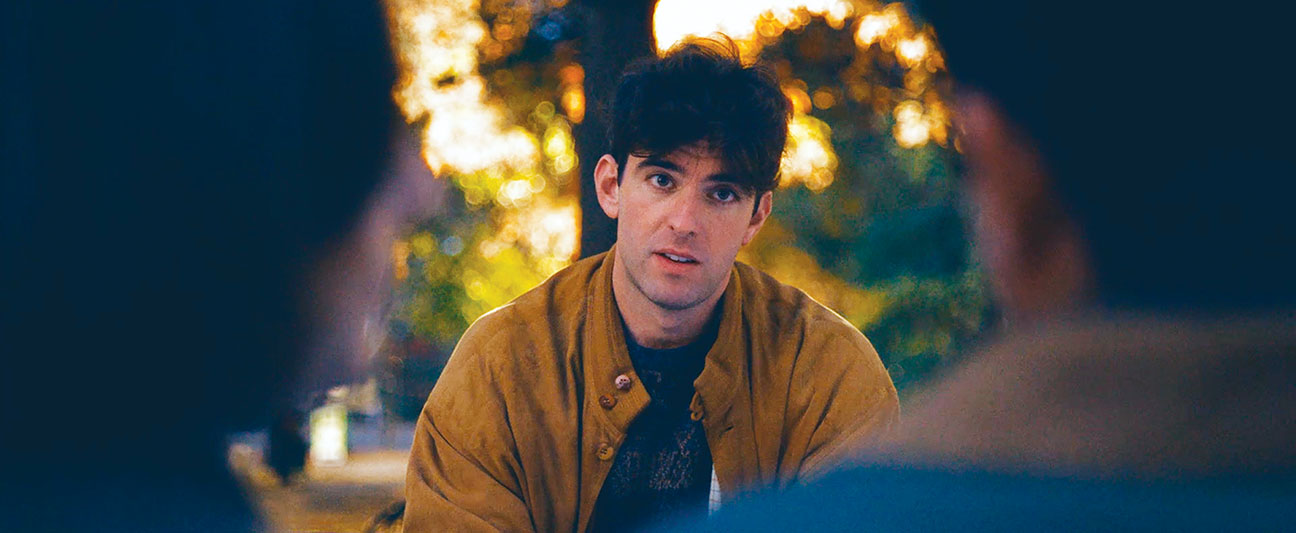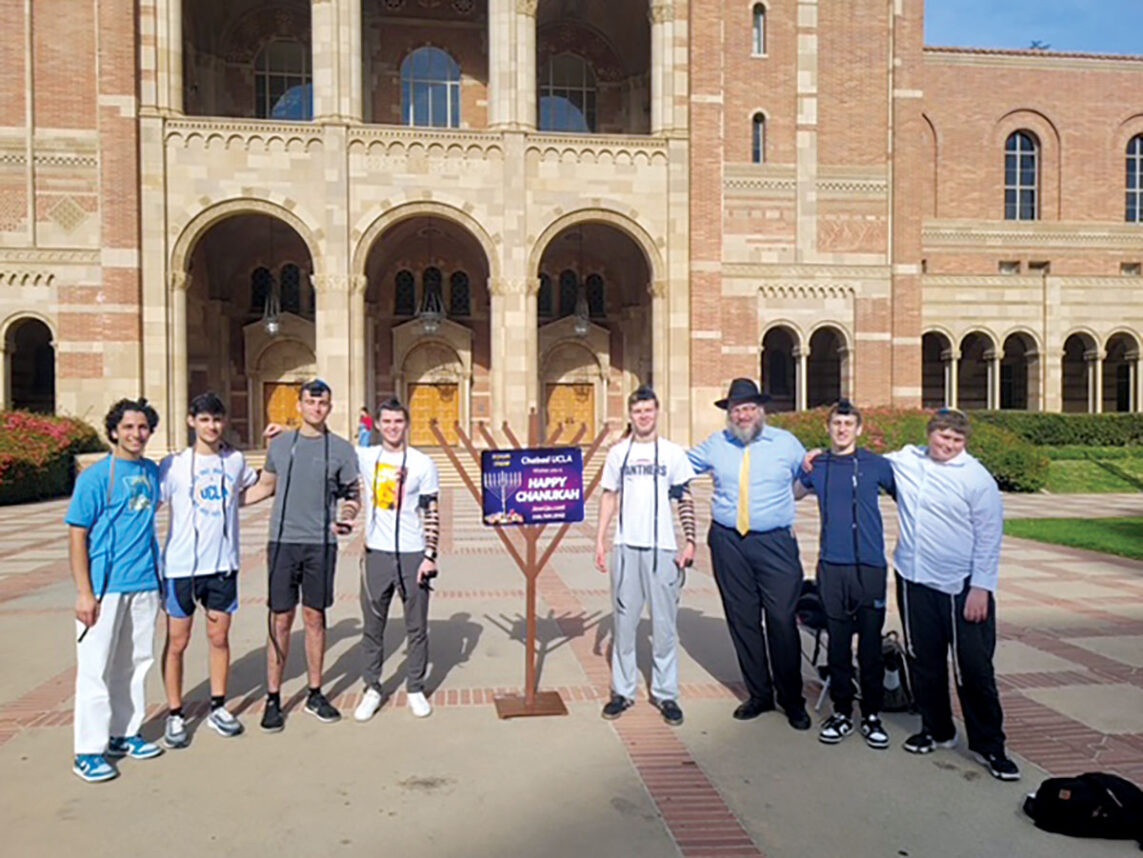Michael Lynton’s quick rise to become chairman and CEO of Sony Pictures Entertainment — at 47 he’s already led divisions at Disney, Penguin/Putnam books and AOL — has subjected him to countless interviews about the performance of his companies. But one topic Lynton has never liked to discuss is himself.
He doesn’t speak publicly about his wife and three children, he says, because they didn’t sign up for the scrutiny. And he doesn’t talk much about being Jewish because that’s not something he did growing up in the Netherlands.
“I was one of two Jewish kids in my school. We were probably one of two Jewish families in our town. And it was a really tolerant country. So it is not that you are hiding your Judaism, it is just that you don’t identify yourself as a Jew because there is no critical mass to identify with,” Lynton recalled. “So you identify yourself by other criteria. You identify yourself by what your dad does for a living, what your mother does for a living, what sports teams you like — that sort of thing.
“What is unusual about the United States — and it’s something that I have never gotten used to — is that Jews here, there are so many of them and they are so important to the culture,” he said. “And they feel, rightly, so comfortable being visible and outspoken, that they identify themselves in a very prominent way in the communities they live in, whether it is the entertainment community or the banking community or whatever it is. That’s not a phenomenon you would see in Holland at all; that’s not a phenomenon I grew up with.”
But Lynton’s low-key Jewish identity got a big boost in March when Newsweek published a list of America’s top 50 rabbis, compiled by Lynton and two friends, Gary Ginsburg of News Corp. and Jay Sanderson of JTN Productions. On Oct. 8, Lynton will receive more attention when Sanderson’s Jewish Television Network honors him with its 2007 Vision Award during a dinner at the Beverly Hills Hotel, which will be emceed by actor-writer-director Jon Favreau.
“In the world of Maimonides, it is those who do good deeds quietly and don’t look for attention, that is the highest form of tzedakah,” said JTN CEO Sanderson, using the Hebrew word for charity. “Everything about Michael’s life has been that.”
As part of a JTN board of directors that includes several entertainment chieftains, Lynton is helping oversee an “explosion” at the Jewish production company that includes a three-part PBS documentary to air in January called “The Jewish Americans” and the streaming of Wilshire Boulevard Temple’s Kol Nidrei service on JewishTVNetwork.com to 20,000 viewers worldwide.
Both the top rabbis list and the JTN award were new experiences for Lynton. But he, Ginsburg and Sanderson are already at work on the 2008 top rabbis list, and it seems likely the JTN award won’t be the last Lynton receives from a Jewish organization.
“He is starting to find his way that way,” Sanderson said. “That is why I said to him this year, ‘I think this is an important thing for you to do for yourself and for me and JTN,’ taking a public stand for who he is as a Jew.”
“If we are honest with ourselves, we are all grappling with our own spirituality,” he continued. “In this day and age it is difficult for many people to find their way. It is a process. And Michael is opening up to that in a nice way.”
Lynton says that he grew up in a culturally, though not explicitly religiously, Jewish home. Becoming spiritually Jewish was an outgrowth of starting a family.
“My wife really was the impetus for it. She really wanted my kids to go to Hebrew school. And as part of going to Hebrew school, you naturally start going to synagogue,” he said. “And one thing leads to another, and you become — I don’t know if more observant is the word — but certainly more reflective.”
Reflective is one way Lynton’s rabbi, Mordecai Finley of Ohr HaTorah, described the studio chief. Sanderson said he doesn’t know a Jew who is truly more a “person of the book,” or at least books: Lynton reads incessantly, and says that his biggest fear is being stuck at an airport with nothing to read. He is not simply cerebral but spiritually minded, too, Finley says.
“He is reflective, he understands his own soul, he understands what he is working with,” Finley said, “and I think he is one of these people who is attracted to a rabbi or teacher who can map out the soul as well as a physician can map out the body.”
The multilingual son of Dutch émigrés who fled Nazi Germany in the early and mid-1930s, Lynton was born in 1960 in London, spent a few early years in the United States and in 1969 returned to Holland, “the scene of the crime,” as he puts it.
He moved to New England for prep school, and then enrolled at Harvard University, where he received his Bachelor of Arts and returned for his MBA after a few years on Wall Street.
Disney snatched him up in 1987, and there he helped launch such imprints as Hyperion. After rising to president of Disney publishing, Lynton took over the company’s failing Hollywood Pictures division in 1994; two years later it was shuttered and Lynton ankled Los Angeles for New York, where he would run Penguin books.
After four years back in publishing, he left to become president of America Online International, and after another four years he was picked by Sony to return to the studio lot — a move widely questioned by Hollywood insiders.
“I think this is it,” Lynton said. “I will stay here as long as they will have me, which hopefully will be for a long time. ‘After this’ I hope is a long time from now.”









